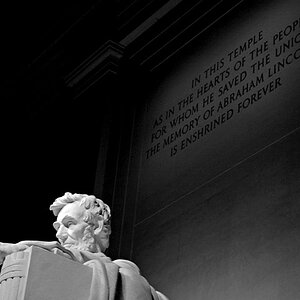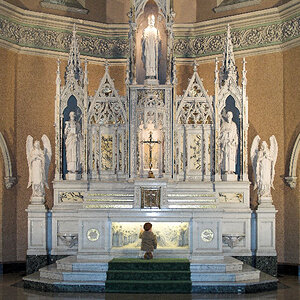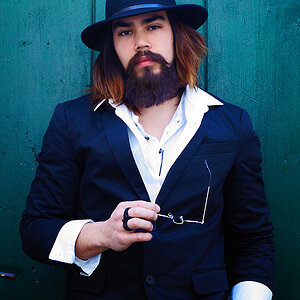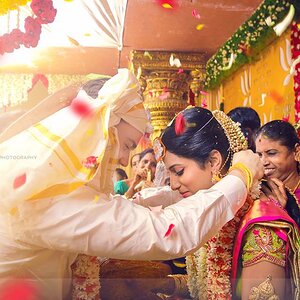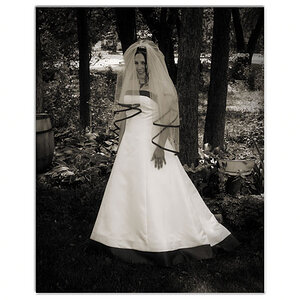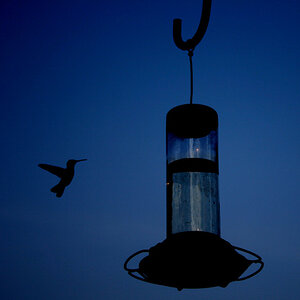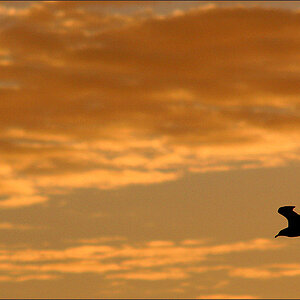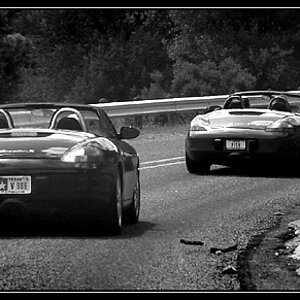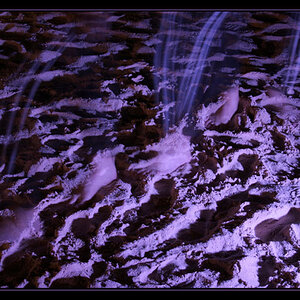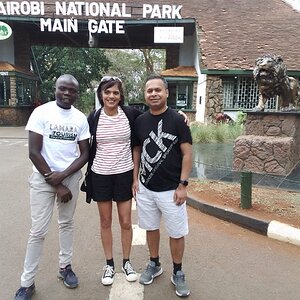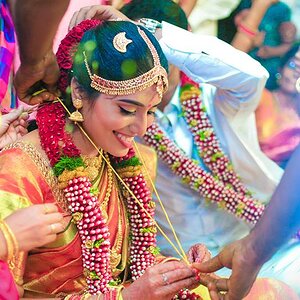amolitor
TPF Noob!
- Joined
- May 18, 2012
- Messages
- 6,320
- Reaction score
- 2,131
- Location
- Virginia
- Can others edit my Photos
- Photos OK to edit
Nowhere did I express that no one else should do such a thing. That however does not change the fact that it pretentious.
Oh, if you want to play rhetoric chopping games, I suggest you look up the definition of pretentious first. On second thought, not interested in playing.


